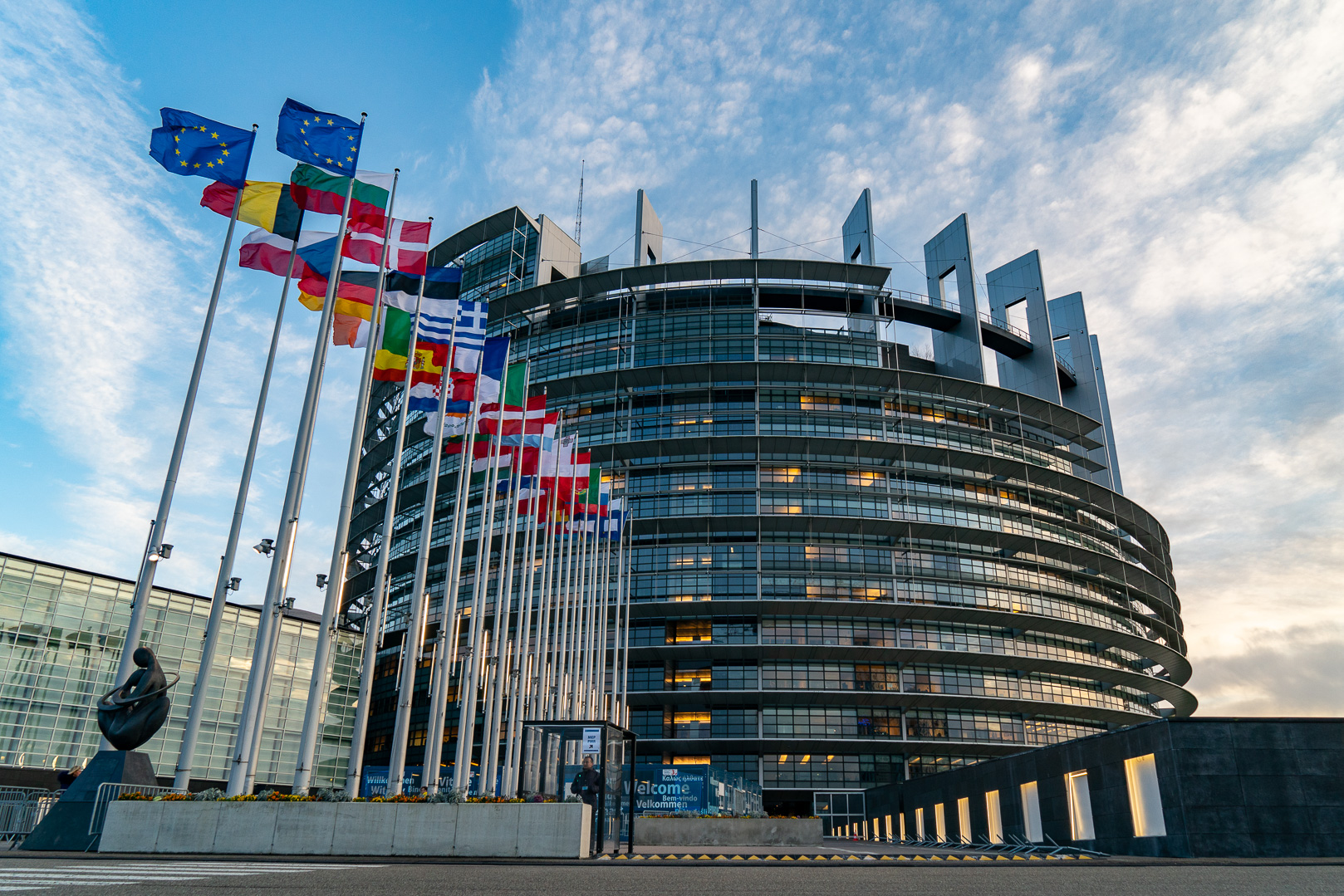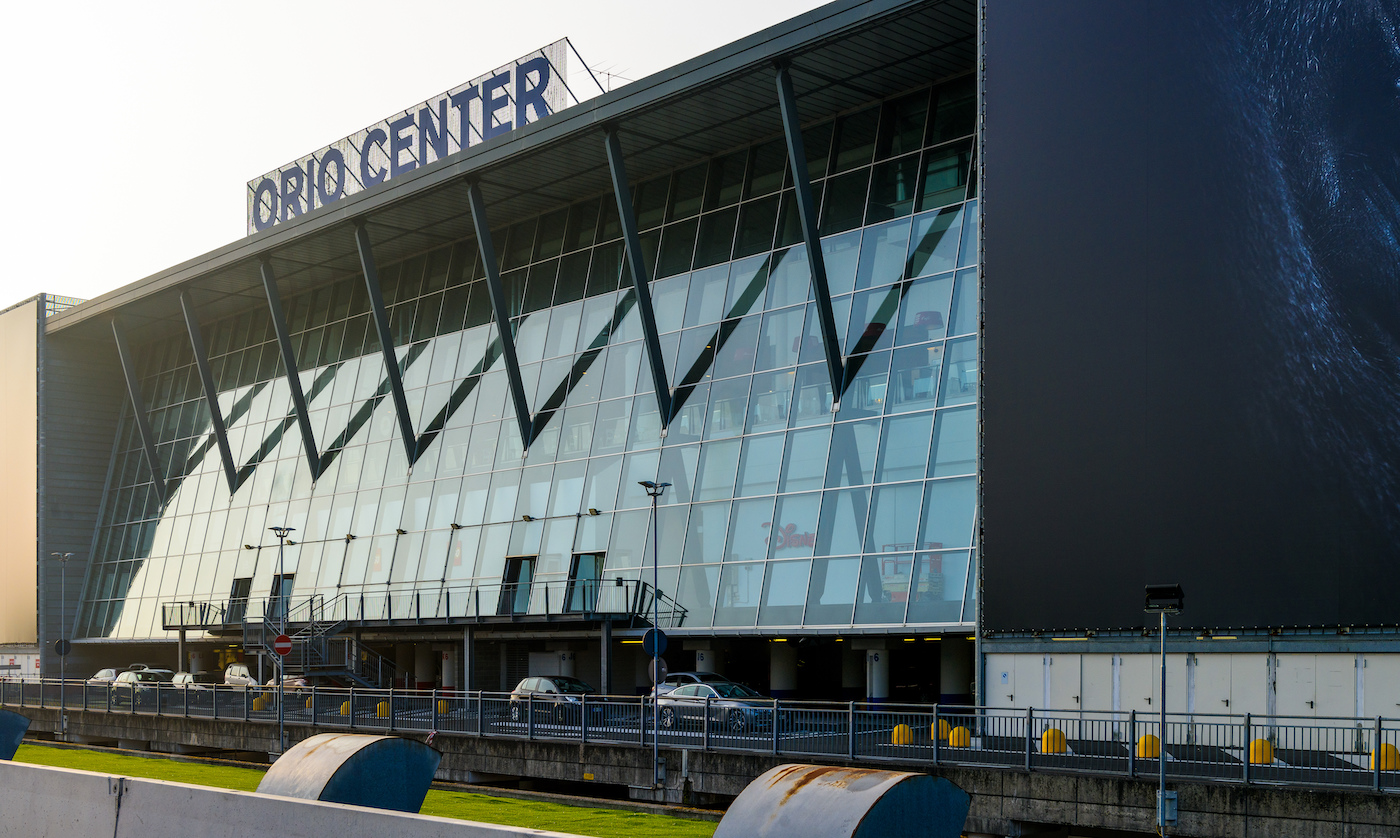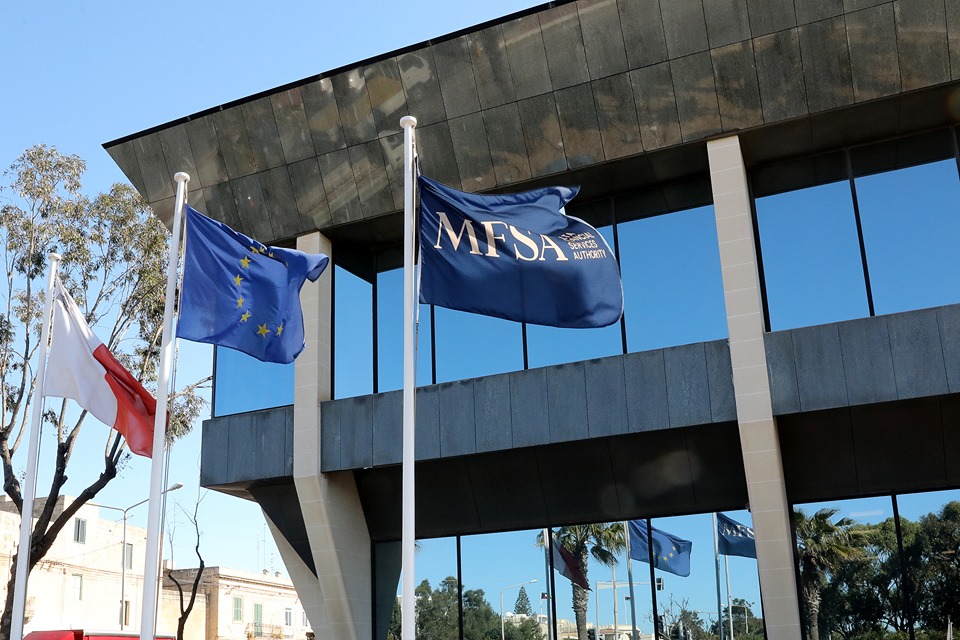The Malta Business Bureau (MBB), which is a collaboration between The Malta Chamber and the Malta Hotels and Restaurants Association (MHRA) to represent business in Europe and Malta, has released a document outlining Maltese business priorities for the upcoming European Parliament term between 2024 and 2029.
The MBB highlights competitiveness and growth, the green transition, and the digital transition as major pillars around which the next years of the EU’s business landscape will be shaped.
Its key priorities include putting the single market back on track, ensuring a robust labour market, consolidating the tourism comeback, and matching EU funding with its climate and digital economy ambitions, among others.
The document notes that there are many lessons to be drawn from the current EU term, “which will be remembered for going on a regulatory overdrive” with negative impacts on companies. It therefore urged policymakers to design legislation around the concepts of subsidiarity and proportionality while avoiding one-size-fits-all solutions.
One major challenge, going forward, will be the consolidation of the Single Market, which the MBB argues remains “highly uneven, with the depth of integration varying substantially across the four freedoms.
“Free movement of goods and people work far more seamlessly compared to some of the evident barriers that still exist for cross-border services and capital,” it says – a major issue for Malta, which is a net exporter of services.
The way EU legislation impacts tourism also requires more sensitivity to small island nations’ needs, the MBB continues, singling out the phasing out of taxes on fuel in the aviation and maritime sectors that “will make travel more expensive at no environmental gain,” and therefore “impact islands and peripheral countries in an unproportional way.”
The impact of such legislation on Malta, which, due to its remoteness and small size, suffers higher transport costs, must be offset through greater allowances for state aid, the MBB argues, as well as a more thoughtful approach to the drafting of policies that consider the wider economic implications beyond their stated objectives.
A “prime example”, according to the MBB, is the revised Emissions Trading Scheme (ETS) that was extended to the maritime sector to reduce emissions generated by large ships using EU ports: “While the objective is positive and much needed, in practice it will introduce uneven competition in the Mediterranean between EU and non-EU ports which are not covered by the ETS,” and will likely lead operators to shift their activities away from EU transshipment hubs and toward non-EU ports in North Africa.
“Apart from defeating the legislation’s environmental objectives, such a scenario will jeopardise Malta’s economic competitiveness as an important transshipment hub and will also impact cargo destined for our islands. This is turn has a spillover effect on other sectors which depend on sufficient connectivity to global hubs.”
An earlier example is the Mobility Package, which introduces cabotage rules and other road transport provisions that impacted local freight operators, which another such potential risk that is currently being negotiated is the Revision of Energy Tax Directive.
With regard to the green transition, therefore, the regulatory and operational burdens placed on businesses through new environmental policies should be “continuously assessed,” says the MBB, adding that policymakers and legislators have “a key role” to ensure that such burdens are kept to a minimum.
Much the same applies to the digital transition, with the digital field largely made up of young, micro or small companies that are not equipped to deal with significant regulatory requirements. Indeed, the MBB states that their main focus “ought to be on driving technological solutions that enable the wider community to be more efficient and productive I their operations.”
Turning then to the Maltese business community’s expectations from elected Members of European Parliament (MEPs), the MBB notes that it expects MEPs to take up membership of committees strategically in order to actively monitor and intervene on legislations of relevance to Malta.
These include the Internal Market Committee (IMCO), the Employment Committee (EMPL), Industry Research and Energy (ITRE), Transport and Tourism (TRAN), Economic and Monetary Affairs (ECON), and Environment, Public Health and Food Safety (ENVI).
“Maltese business expects that elected MEPs put Malta and the competitiveness of the Maltese economy before political parties’ agenda,” says the MBB, encouraging MEPs and the Maltese business community to work more closely together in the national interest.
It also urged MEPs to take up rapporteurship of legislative proposals and own-initiative report more strategically on topics that are relevant for Malta and could have serious impact, or create important opportunities, for Malta and Maltese business.
Malta flights to Bergamo suspended following fatal incident
An incident resulted in the cancellation of several other flights, with some flights being redirected to nearby airport
Malta’s business economy grows by 15.6% in 2023
While large enterprises continue to play a leading role, SMEs and micro-businesses remain vital pillars of the economy
MFSA and Central Bank warn of loan and email scams
Both institutions urged the public to report suspicious activity and avoid sharing personal data with unverified sources






